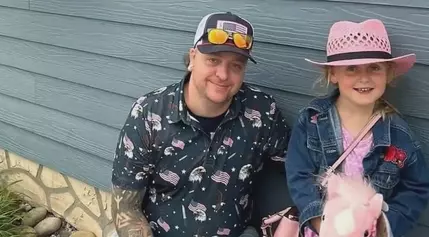In the heart of Oregon, a new proposal aimed at improving foster care services has sparked intense debate. The plan seeks to ease certain regulations in order to attract more providers for children with complex needs. However, this initiative has drawn significant opposition from lawmakers and advocates who fear it may undermine previous reforms designed to protect vulnerable youth. This controversy highlights the delicate balance between expanding treatment options and maintaining stringent safeguards for foster children.
Debate Unfolds Over New Child Welfare Proposal
During the crisp autumn days of early 2025, state officials and advisors introduced Legislative Concept 346, a child welfare proposal intended to enhance placement options for foster children with diverse and high-acuity needs. Michelle Pfeiffer, legislative child welfare coordinator for the Oregon Department of Human Services, emphasized that without additional placement options, existing solutions become exceedingly challenging. The tragic suicide of a 17-year-old foster child in Eugene underscored the urgency of this issue.
The proposal aims to address several concerns within the child welfare system, including a decline in licensed childcare agencies and therapeutic foster-care providers. Proponents argue that by amending "wrongful restraint" definitions, they can reduce unnecessary investigations and improve staff retention. However, Senator Sara Gelser Blouin, a Democrat from Corvallis, voiced strong reservations, stating that the proposal could roll back significant progress made in child safety over the past decade.
Gelser Blouin pointed out that the use of restraints has increased despite recent legislation prohibiting such practices, except under specific circumstances. She also criticized the suggestion to relax restrictions on out-of-state placements, citing historical instances of harm to children placed outside Oregon. Instead, she advocated for focusing on keeping children in family homes or creating well-supported foster environments.
Anna Williams, executive director of the System of Care Advisory Council, countered that the proposal seeks to hold the right people accountable when issues arise. She stressed the importance of fostering a culture where providers feel comfortable admitting mistakes so that improvements can be made.
Ultimately, the proposal remains in draft form, with stakeholders working to refine its details before it becomes a formal bill. The goal is to build a system where caregivers are more willing to provide services to children with complex needs, ensuring these young individuals receive the support they deserve.
From a journalistic perspective, this debate underscores the critical need for thoughtful policy-making in child welfare. While expanding treatment options is essential, it must not come at the expense of robust protections for vulnerable youth. Striking this balance will require careful consideration and collaboration among policymakers, advocates, and service providers. It serves as a reminder that every decision made today will have long-lasting impacts on the lives of countless children tomorrow.



















